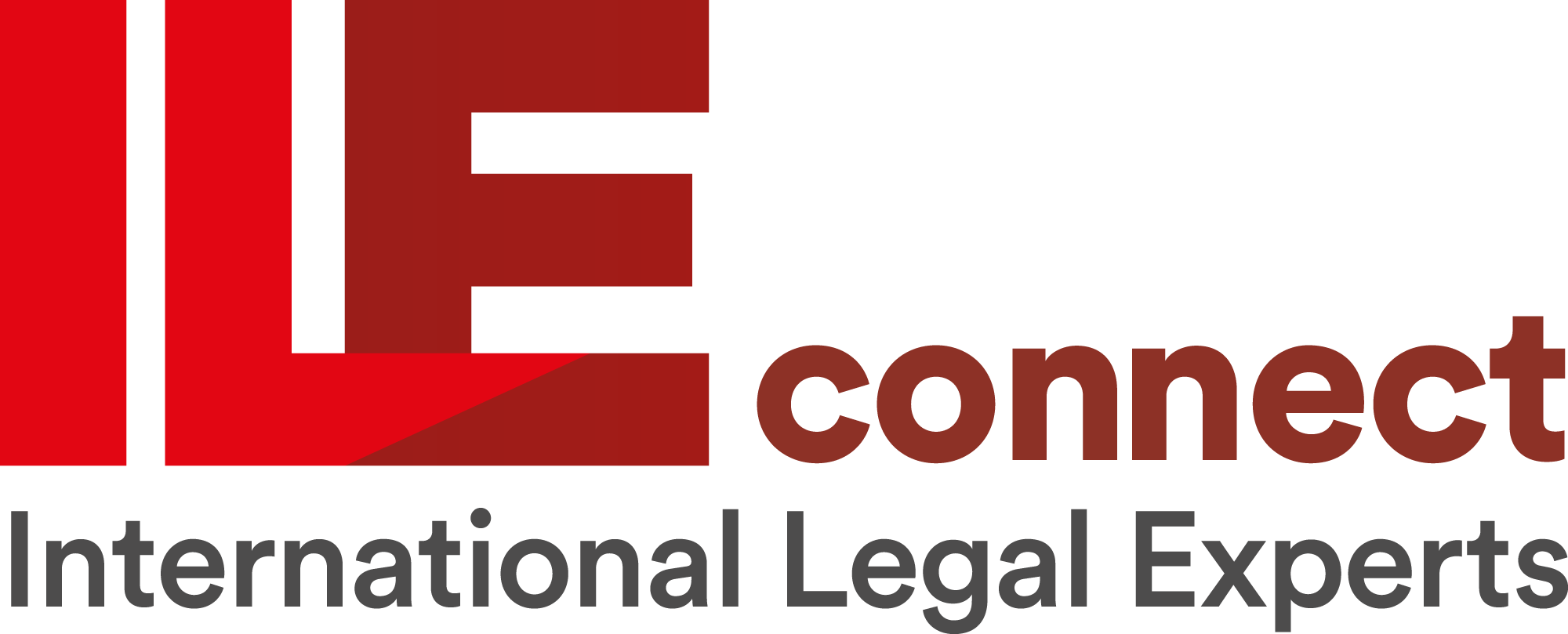ILE connect GmbH – www.ILE-connect.com
I. Einleitung
Die Marktüberwachungsverordnung (EU 2019/1020) führt zum 16.07.2021 ein umfassendes Regelwerk ein, um Verbraucher vor unsicheren und nicht konformen Produkten zu schützen und gleiche Wettbewerbsbedingungen für Wirtschaftsakteure zu schaffen.
Die EU-Kommission hat am 23.03.2021 Leitlinien (2021/C100/01) zur Umsetzung von Art 4 als einer der zentralen Regelungen der Marktüberwachungsverordnung veröffentlicht. Darin sind die Aufgaben der Wirtschaftsakteure hinsichtlich Produkten geregelt, die bestimmten Harmonisierungsvorschriften der EU unterliegen.
Im Wesentlichen schreibt Artikel 4 vor, dass bestimmte Produkte nur dann auf dem EU-Markt in Verkehr gebracht werden dürfen, wenn es einen in der EU niedergelassenen Wirtschaftsakteur gibt, der den Behörden auf Verlangen Informationen übermitteln oder bestimmte Maßnahmen ergreifen kann.
II. Geltungsbereich
Jeder Wirtschaftsakteur, der ab dem 16.07.2021 ein bestimmtes Produkt gemäß Art. 4 der Marktüberwachungsverordnung in Verkehr bringen möchte, muss erst sicherstellen, dass es für dieses Produkt einen Wirtschaftsakteur in der EU gibt.
1. Bestimmte Produktbereiche
In den Geltungsbereich fallen insbesondere folgende Produktbereiche:
Spielzeug, Elektronikgräte bzw. Niederspannungsprodukte und Funkanlagen, Bauprodukte, Maschinen, zur Verwendung im Freien vorgesehene Maschinen und Geräte, Druckgeräte, einfache Druckbehälter, Sportboote, Messgeräte, persönliche Schutzausrüstungen und unbemannte Luftfahrzeugsysteme (Drohnen).
2. Bereitstellung
Betroffen sind nur Produkte, die ab dem 16.07.2021 in der EU in Verkehr gebracht werden, d.h. erstmalig auf dem Unions-Markt zum Vertrieb, zum Verbrauch oder zur Verwendung im Rahmen einer gewerblichen Tätigkeit bereitgestellt werden.
Wird das Produkt online oder über eine andere Form des Fernabsatzes zum Verkauf angeboten, gilt das Produkt als auf dem Markt bereitgestellt, wenn sich das Angebot an Endnutzer in der EU richtet.
3. Wirtschaftsakteur in der EU
Wirtschaftsakteur im Sinne von Art. 4 EU 2019/1020 sind:
- der in der EU niedergelassene Hersteller des Produkts,
- der in der EU niedergelassene Einführer des Produkts, wenn der Hersteller keine Niederlassung in der EU hat,
- der in der EU niedergelassene Bevollmächtigte, der vom Hersteller schriftlich beauftragt wurde, die in Art. 4 Abs. 3 festgelegten Aufgaben im Namen des Herstellers wahrzunehmen,
- der in der EU niedergelassene Fulffilment-Dienstleister, sofern es keinen in der EU niedergelassenen Hersteller, Einführer oder Bevollmächtigten gibt.
Die Informationen zum Wirtschaftsakteur gemäß Art. 4 EU 2019/1020 – Name und Kontaktdaten ein schließlich Postanschrift – müssen entweder auf dem Produkt selbst oder auf der Verkaufs- oder Transportverpackung oder einem Begleitdokument angegeben werden.
Die Angabe einer Internet-Adresse kann ergänzend erfolgen, reicht alternative zur Angabe von Namen und Kontaktdaten nebst Postanschrift aber nicht aus.
4. Aufgaben des Wirtschaftsakteurs
Art. 4 Abs. 3 EU 201971020 sieht insbesondere folgende Aufgaben für den Wirtschaftsakteur vor:
- er muss prüfen, ob die Konformitäts- oder Leistungserklärung angefertigt wurde und dies aufbewahren;
- er muss prüfen, ob die erforderlichen technischen Unterlagen erstellt wurden;
- er muss die zuständigen Marktaufsichtsbehörden im Bedarfsfall informieren und diesen Informationen und Unterlagen vorlegen;
- er muss sicherstellen, dass im Falle eines Verstoßes gegen EU-Harmonisierungsrecht unmittelbar notwendige Korrekturen ergriffen werden, um den Verstoß zu beseitigen.
III. Auswirkungen
Grundsätzlich sehen die jeweiligen EU-Harmonisierungsrechtsvorschriften für die betroffenen Produktbereiche für die Wirtschaftsakteure in der Lieferkette vergleichbare und Großteils sogar weitergehende Verpflichtungen im Rahmen der Produktsicherheit vor.
Möchte jedoch ein Hersteller, der keinen Sitz und keine Niederlassung in der EU hat, sein Produkt im direkten Vertrieb Endnutzern – Verbraucher wie auch Arbeitnehmer – innerhalb der EU anbieten, muss er für das Produkt zuvor einen Bevollmächtigten als Wirtschaftsakteur im Sinne von Art. EU 2019/1020 benennen und diesen auf dem Produkt mit Name und Kontaktanschrift angeben.
Dies gilt im Besonderen für den internationalen Online-Handel von Produkten wie Spielzeug, persönliche Schutzausrüstung und Elektronikgeräte von Herstellern außerhalb der EU an Verbraucher in der EU aber auch für den Direktverkauf solcher von Endnutzern gewerblich genutzten Produkte wie Sportboote und insbesondere Maschinen.
Guidelines on the application of Art. 4 Market Surveillance Regulation – EU 2019/1020
I. Introduction
The Market Surveillance Regulation (EU 2019/1020) introduces a comprehensive set of rules on 16/07/2021 to protect consumers from unsafe and non-compliant products and to create a level playing field for economic operators.
On 23.03.2021, the EU Commission published guidelines (2021/C100/01) on the implementation of Art 4 as one of the central regulations of the Market Surveillance Regulation. This regulates the tasks of economic operators with regard to products that are subject to certain EU harmonization regulations.
Essentially, Art 4 requires that certain products may only be placed on the EU market if there is an economic operator established in the EU who can provide information or take certain actions to the authorities upon request.
II. scope of application
Any economic operator wishing to place a specific product on the EU market from 16.07.2021 in accordance with Art. 4 of the Market Surveillance Regulation must first ensure that there is an economic operator in the EU for that product.
1. certain product areas
The following product areas in particular fall within the scope:
Toys, electronic equipment or low voltage products and radio equipment, construction products, machinery, machinery and equipment intended for outdoor use, pressure equipment, simple pressure vessels, recreational craft, measuring equipment, personal protective equipment and unmanned aerial vehicle systems (drones).
2. provision
Only products placed on the EU market on or after 16/07/2021, i.e. made available for the first time on the Union market for distribution, consumption or use in the course of a commercial activity, are affected.
If the product is offered for sale online or through any other form of distance selling, the product shall be deemed to be made available on the market if the offer is addressed to end users in the EU.
3. economic operator in the EU
Economic operators within the meaning of Art. 4 EU 2019/1020 are:
the manufacturer of the product established in the EU,
the importer of the product established in the EU, if the manufacturer does not have an establishment in the EU,
the authorized representative established in the EU who has been mandated in writing by the manufacturer to perform the tasks specified in Art. 4(3) on behalf of the manufacturer,
the fulfilment service provider established in the EU, if there is no manufacturer, importer or authorised representative established in the EU.
The information on the economic operator according to Art. 4 EU 2019/1020 – name and contact details an eventually postal address – must be indicated either on the product itself or on the sales or transport packaging or an accompanying document.
The indication of an internet address may be supplementary, but is not sufficient as an alternative to the indication of name and contact details together with postal address.
4. tasks of the economic operator
Art. 4 (3) EU 201971020 provides in particular for the following tasks for the economic operator:
he must check whether the declaration of conformity or performance has been drawn up and keep this;
he must check whether the required technical documentation has been drawn up;
he must inform the competent market surveillance authorities when necessary and provide them with information and documentation;
he must ensure that, in the event of a breach of EU harmonization law, immediately necessary corrective action is taken to remedy the breach.
III. Effects
In principle, the respective EU harmonization legislation for the product areas concerned provides for comparable and, in most cases, even more far-reaching obligations for economic operators in the supply chain in the context of product safety.
However, if a manufacturer who does not have a registered office or an establishment in the EU wishes to offer its product in direct distribution to end users – consumers as well as employees – within the EU, it must first appoint an authorized representative for the product as an economic operator within the meaning of Art. EU 2019/1020 and indicate this person on the product with name and contact address.
This applies in particular to the international online trade of products such as toys, personal protective equipment and electronic devices from manufacturers outside the EU to consumers in the EU, but also to the direct sale of such products used commercially by end users, such as pleasure boats and especially machinery.
Görtz Legal Rechtsanwaltsgesellschaft mbH
Mittlerer Pfad 19
D-70499 Stuttgart
Tel. 0049 7 11 365 917 0
ra@goertz-legal.de
www.goertz-legal.de

